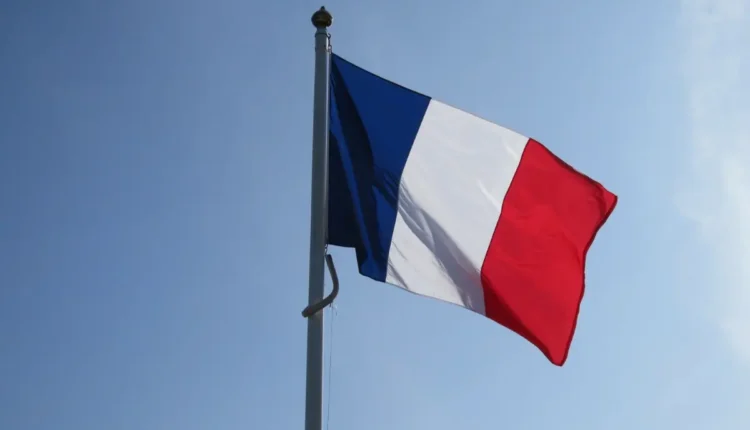French Government Proposes Stricter Immigration Law for 2025
French Government Aims for New Immigration Law in 2025
In a bid to address evolving security challenges, the French government is preparing a new immigration law set to be introduced by early 2025, according to spokesperson Maud Bregeon. Announced on BFMTV, the proposal seeks to extend the detention period for undocumented migrants deemed a threat to public safety from the current 90 days to 210 days.
This move signals a decisive shift toward stricter immigration policies, just a year after the last immigration bill, which faced heated debates in Parliament and within President Macron’s coalition.
Bregeon emphasized the importance of adapting to changing security concerns, stating, “We are not ruling out other provisions. We must adapt to the changing security challenges.”
She strongly defended Interior Minister Bruno Retailleau’s role in driving these tougher measures, asserting, “Bruno Retailleau, whose mission is to guarantee the security of the French, is not going to have to apologize for having ideas.” Bregeon called for open discussion on the matter, declaring that there should be “no taboos” when it comes to safeguarding the public.
Extending Detention and Tightening Immigration Rules
The cornerstone of the French Immigration Law 2025 is the proposed extension of the detention period for undocumented migrants who pose security threats. Increasing this period from 90 days to 210 days would allow more time for authorities to process deportations and ensure public safety.
In addition to this, the French government is set to tighten the rules for regularizing undocumented migrants, with particular focus on family cases, limiting the eligibility criteria in an attempt to close loopholes that have allowed some migrants to remain in the country.
Bregeon also hinted that the French government would revisit articles of the previous law that were rejected by the Constitutional Council. The aim is to align the new law more closely with right-wing proposals, a move that is likely to stir further political debate. While the government holds a majority in Parliament, Bregeon made it clear that they will engage with all parliamentary groups to form a broad consensus, rather than solely seeking support from hardline factions like the National Rally (RN).
Political Fallout and Future Challenges
This announcement comes less than a year after the January 2024 immigration law, which passed due to the abstention of the National Rally, led by Marine Le Pen. That law was contentious even within Macron’s camp, leading to the resignation of Health Minister Aurélien Rousseau, who opposed the stringent measures. With the new bill, the government faces the challenge of maintaining unity within its own ranks while navigating the broader political landscape.
Bregeon acknowledged that despite the government’s majority, they will not actively seek the support of the National Rally, whose stance on immigration is notably hardline. “We will engage with all the parliamentary groups,” she said, underscoring the executive’s intention to form a wide-ranging consensus. This approach may help avoid the sharp divisions that characterized the previous law’s passage, but the coming months will reveal whether the government can strike a balance between enforcing stricter policies and maintaining political harmony.
Also Read:Dame Sukhinder Kaur Gill Turner: A Trailblazer in Local Government and Cultural Integration

